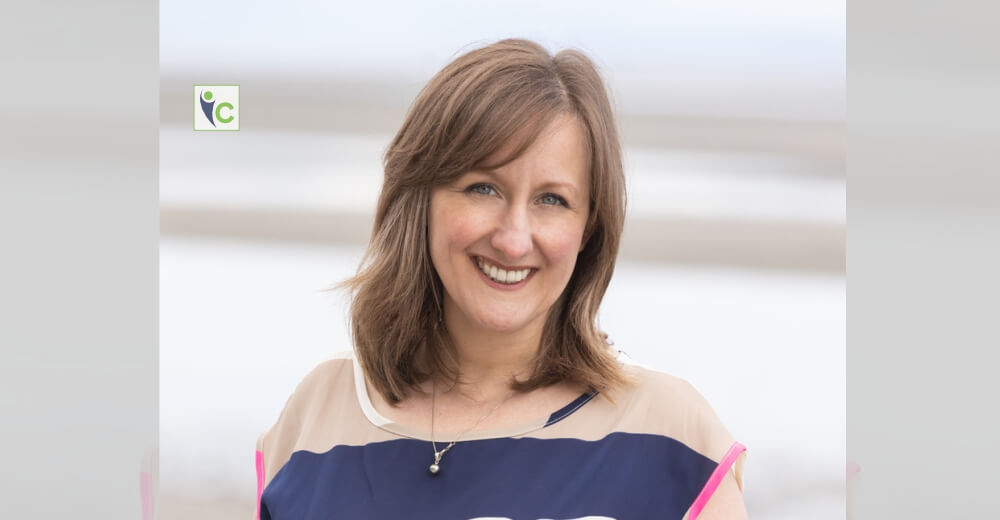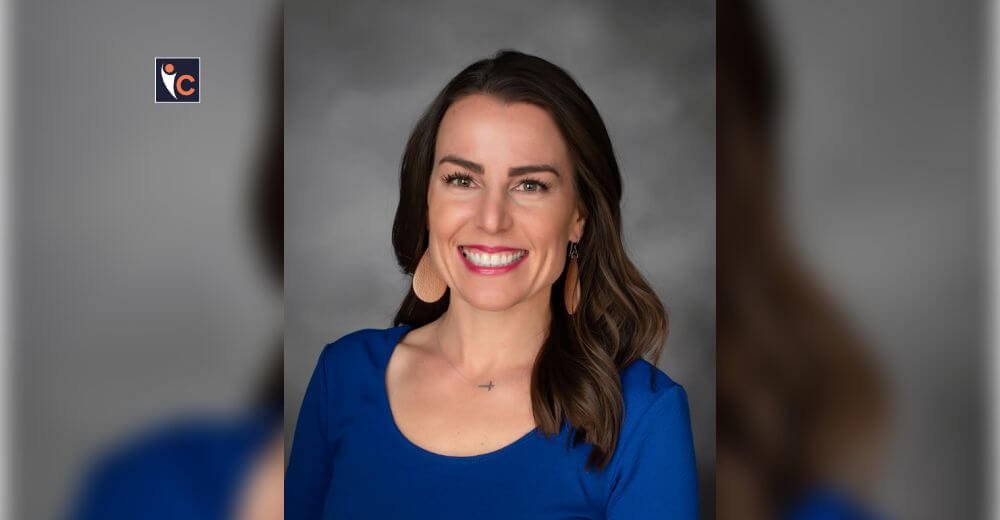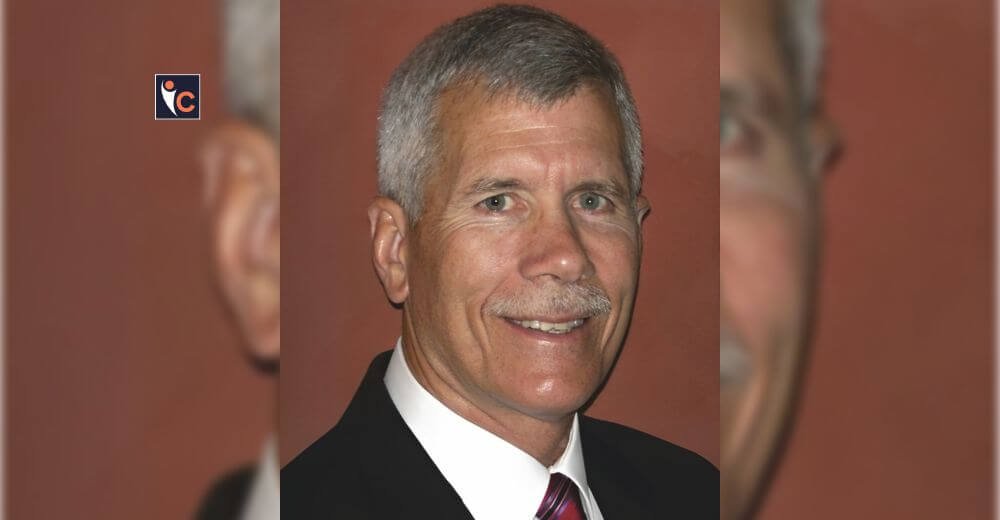Happy are those who find hope in the darkness, Happiness in misery, and healing; when in pain!
But this transition may take a deep toll on one’s mental well-being, if ailments are not treated in due time. Understanding this significant factor of mental health, Lisa Klco—CEO of Nōmina Integrated Health, has embarked on a journey to support the mental health needs of every Canadian.
But why did Lisa pursue this path?
The following research analysis will be a guiding trail:
According to a study, mental illness has become a rising concern in Canada in the past few years. The greatest decline has been observed in children and young adults, where one-third of Canadians aged 15 or older suffer from having unmet mental health needs.
But despite its significance, 75% of those with mental disorders still lack access to specialized treatment services, as per the Canadian Addiction and Mental Health (CAMH) report.
Bridging this gap, Lisa leads Nōmina Wellness—a mental health treatment facility, and aligns its operations in a collaborative and integrated approach, thus making mental health care not only flexible to patient needs while facilitating accessible and affordable care.
In the following interview, Lisa sheds light on her leadership journey and the key services.
Below are the interview highlights!
Lisa, how did you start your professional journey? How did you overcome the challenges you faced while becoming Canada’s Most Influential Healthcare Leader in 2022?
I actually started my professional career as a hairdresser, connecting with others and hearing about their struggles. I was also working in the Canadian Armed Forces (CAF) while going to school so that I could afford my studies. I just knew that I wanted to do more to help people.
Being the first and only one in my family to graduate with a degree, I knew that I wanted to do more. So, I spent the next decades studying, learning, and doing all I could to create a place that could offer more for those who need complex support as my family did.
Years later, as I had finally started working as a clinician, we set our focus on opening an inpatient operation. But we were continuously shut down. I remember being advised by a major lender that they wouldn’t fund health care because it was too risky or that “We ladies had a good idea, hence we should come back when it was an actual business.” Thus, we found other creative ways to make it happen.
Sooner we were finally able to have things set up to open. Thankfully, being well-versed in overcoming obstacles, we were able to pause, re-group, and open. We knew that there would be a need for mental health support following the isolation of the pandemic. We were willing to take the risk. Thus, I took early leave from the military and set our course on navigating health support for those who may need it.
What inspired you towards Nōmina Wellness? Kindly brief us about its inception story.
Growing up in a family that was deeply afflicted by mental health issues, I got to see their first-hand struggle to find resources. In addition, while working as a mental health leader, I saw different models of care, systems, and vacancies in the communities to support the care that people needed.
My almost 25 years in the military allowed me to work with trauma, transformational change, and leadership in varying capacities. This experience, as difficult as it was both personally and professionally, allowed me to grow and become the person I am today. I knew from there that I wanted to help close this gap. Hence, we set out to become a national resource for mental health services. We wanted to help offer trusted care with skilled professionals and work in a collaborative, more interdisciplinary approach.
What are its key services, and how is it impacting the demographic concerned?
We offer a wide range of mental health services, from one-on-one counseling, family programming, couples and sex therapy, and group therapy to our unique outpatient program and forest and adventure therapy. We tried to understand the market gaps and deliver evidence-based programs to support the treatment needs. Advanced training in areas such as ISTDP, EMDR, and cognitive modalities such as CBT, DBT, and ACT, DNF are all so important to us.
How does the organization provide holistic healing with dual diagnosis? How is this novel approach revolutionizing the healthcare industry?
A dual diagnosis refers to a person who suffers from both a developmental concern and a mental health diagnosis. It is often seen when a mental health disorder is co-occurring with a substance use disorder. Treating just the substance use disorder leaves a person incredibly susceptible to relapse as they are not treated for the underlying or co-morbid condition.
We have tried to develop more integrative programs and approaches to care to help stabilize both substance use and mental health concerns. Nōmina’s Intensive Outpatient Program (IOP), for example, is an accessible and affordable option for those who need more robust addiction and mental health support. It is designed to allow flexibility for those who are working or who may have other commitments for part of the day and cannot attend in-patient treatment.
Our IOP includes:
- Full initial assessment with various providers as determined by your treatment plan.
- Weekly psychotherapy sessions with both a primary clinician and a dedicated support counsellor.
- Direct Neuro Feedback
- Group classes such as aftercare groups, psychoeducational support, 12-step recovery group meetings, women’s and men’s group meetings, SMART Recovery meetings
- Support for fitness and other lifestyle needs
- Integrated family education and support —including an intensive online family program delivered over the course of a weekend
What, according to you, are the current pitfalls in bridging gaps while providing mental health care? How are you managing to overcome them?
At Nōmina Integrated Health, we understand that not everyone has the same access to quality mental health care. To help bridge that gap, we are proud to offer several no-charge mental health options facilitated by our experienced team of clinicians, such as our no-charge mental health clinics and group support programs.
Even programs such as our IOP or our advanced trained clinicians are all trying to make health care more accessible. We have a team approach because we are larger clinics with integrative models. This helps us provide care in a more comprehensive way.
How are you integrating leading therapeutic techniques with emerging technological tools to enhance a patient’s wellness journey?
As healthcare professionals continue to seek out more advanced and effective therapies for our patients, we are increasingly utilizing innovative evidence-based techniques like Direct Neurofeedback and EMDR. These cutting-edge tools leverage advances in technology to enhance our patients’ wellness journeys.
What are the future goals of the organization? How do you envision scaling its operations and reach in 2022 and beyond?
Truthfully, we don’t know what 2023 will bring. In 2022, we have opened our Winnipeg and St. Catharines clinics. We hope to reach a few new locations across Canada in 2023. While we are remaining open to possibilities, we are slowing down to focus on the tremendous opportunities we have already had. We have been so grateful to be invited into the communities we are in and are honored to be a part of their care.
Next Story: https://insightscare.com/dawne-barbieri-leading-mental-health-care-healthifying-the-globe/










